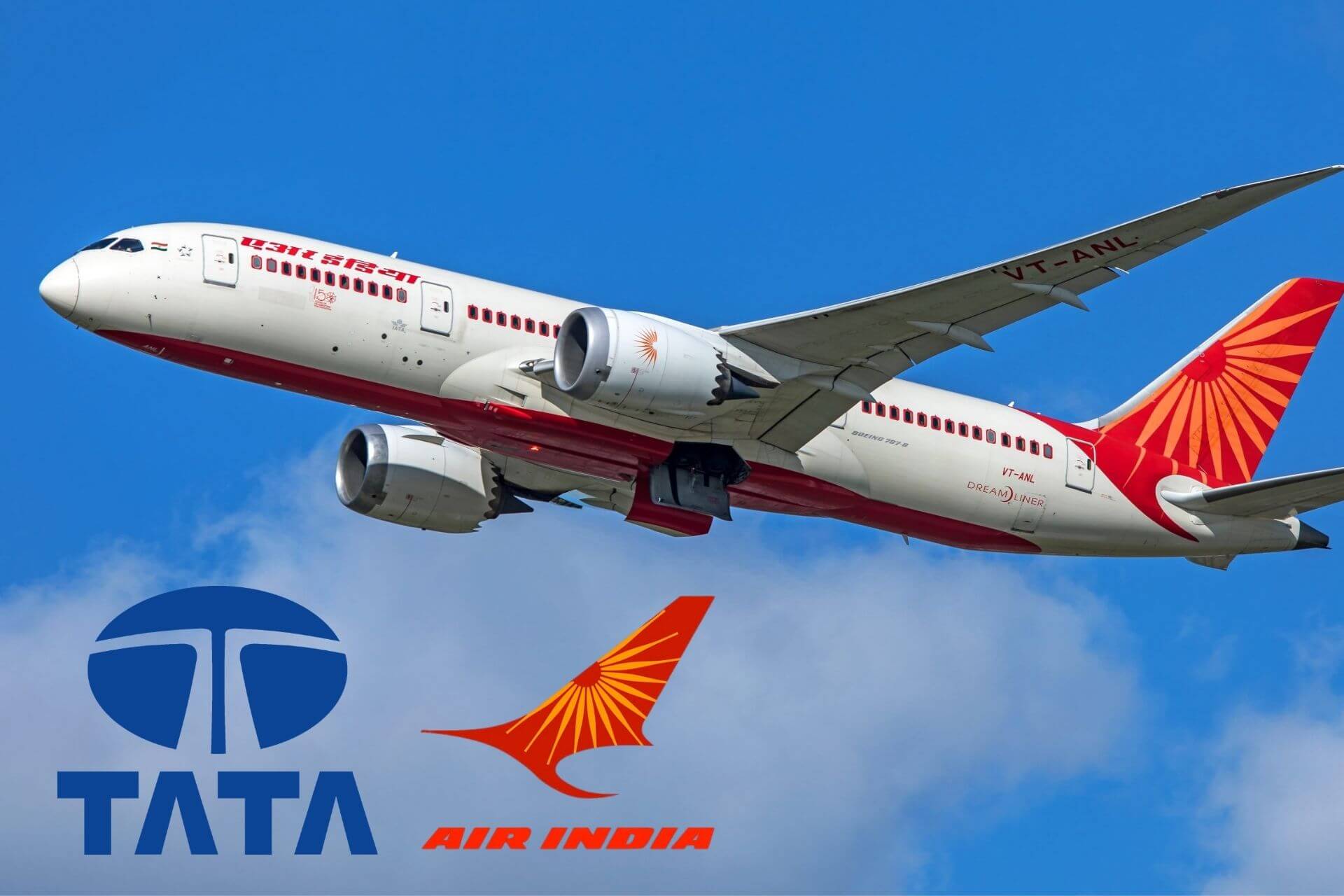The devastating crash of Air India Flight 171 near Ahmedabad airport has sent shockwaves through India’s aviation sector. Moreover, this tragedy is to become the nation’s most expensive aviation insurance claim.
The Boeing 787-8 Dreamliner carrying 242 people crashed shortly after takeoff, killing 241 passengers and crew members. Only one British national of Indian origin survived the horrific incident that occurred at 5 a.m. local time.
The aircraft struck a medical school hostel during the crash, consequently killing at least one person on the ground. Furthermore, seven people remain missing while over 50 from the building required hospitalisation. The flight was bound for London Gatwick when disaster struck just thirty seconds after departure.
Who Will Cover Air India’s Massive Insurance Costs
Air India has insured its entire fleet through Tata AGI and other domestic insurers. However, the financial burden will not fall on a single company. Instead, risk has been strategically spread across multiple insurance providers to manage exposure.
New India Assurance and GIC Re form part of the comprehensive reinsurance structure. Additionally, global reinsurance has been arranged through an international consortium led by AIG. This extensive network ensures that no individual insurer bears the complete financial risk
Indian insurers will likely cover only 5-10% of the total insurance claim. The remaining portion will be handled by international reinsurers. This distribution method protects domestic insurance companies from catastrophic losses.
What Happened During the Fatal Flight
Air India Flight 171 departed Ahmedabad airport bound for London Gatwick on Thursday morning. The Boeing 787-8 Dreamliner carried 242 people including 12 crew members. Passenger breakdown included 169 Indian nationals, 53 British nationals, seven Portuguese nationals, and one Canadian national.
The sole survivor described the terrifying moments before impact. He recalled hearing a loud noise approximately thirty seconds after takeoff. Subsequently, the aircraft crashed into a residential area, striking the medical school hostel.
Emergency responders rushed to the scene as flames engulfed the wreckage. Rescue operations continued throughout the day to locate survivors and recover victims.
Indian Stock Market reaction
The Indian stock market slipped on the news of the Air India flight crash, with the Nifty 50 closing at 24,718, down 0.68% for the day. The index had earlier dropped as much as 1.69% to an intraday low of 24,473, as investor sentiment turned cautious.
Insurance and Tata Group stocks bore the brunt. The New India Assurance Company Ltd fell to an intraday low of 3.27%, while General Insurance Corporation of India (GIC Re) dipped 2.52%.
Tata Group stocks, believed to be the primary insurer of the aircraft, also declined. Tata Power hit a low of 1.96%, Tata Steel dropped 2.02%, Tata Motors fell 2.38%, and Tata Investment Corporation slipped 2.45%, as markets priced in potential insurance liabilities.
How Much Compensation Each Passenger Will Receive
Passenger compensation follows the Montreal Convention of 1999 guidelines, which India signed in 2009. Payments are calculated using Special Drawing Rights (SDRs) as the international standard. Each SDR equals approximately $1.33 based on October 2024 valuations.
The total compensation amounts to roughly Rs. 1.45 crore per passenger under current SDR rates. However, actual payouts depend on Air India’s specific coverage purchases and policy terms. Legal proceedings may influence final settlement amounts for individual cases.
Tata Group has announced immediate relief of Rs. 1 crore per deceased passenger’s family. This payment most likely comes from insurance settlements. Medical expenses for the sole survivor will also receive full coverage.
India’s Most Expensive Aviation Insurance Claim
The total potential liability ranges between $211 million and $280 million for this incident. On the upper end, this translates to approximately Rs. 2,400 crore in total claims. Hull damage alone could reach $75-80 million (roughly Rs. 700 crore) for the destroyed Dreamliner.
The 2013-model aircraft was previously insured for approximately $115 million in 2021. Current valuation depends on configuration, age, and market conditions at the time of loss. Aircraft hull coverage typically matches the declared value by the airline.
Liability claims represent the most significant portion of potential losses in this case. Third-party damages from the hostel strike could substantially increase total claim amounts. Medical expenses, cargo losses, and baggage claims add further complexity to settlement calculations.
Impact on India’s Aviation Insurance Market
This incident will significantly influence future aviation insurance pricing across India. The general aviation insurance market in India currently stands at approximately Rs. 900 crore annually. Air India alone spent Rs. 233.38 crore on insurance costs during FY24.
Most large aviation losses receive reinsurance coverage to protect domestic insurers from excessive exposure. Nevertheless, this event will likely drive premium increases for all carriers operating in India. Insurance companies will reassess risk models and pricing structures following this major loss.
The tragedy highlights the importance of comprehensive insurance coverage in aviation operations. Following this, airlines may face stricter underwriting requirements and higher premiums moving forward. Reinsurance markets will also scrutinise Indian aviation risks more closely in future renewals.
Written By Fazal Ul Vahab C H
Disclaimer

The views and investment tips expressed by investment experts/broking houses/rating agencies on tradebrains.in are their own, and not that of the website or its management. Investing in equities poses a risk of financial losses. Investors must therefore exercise due caution while investing or trading in stocks. Trade Brains Technologies Private Limited or the author are not liable for any losses caused as a result of the decision based on this article. Please consult your investment advisor before investing.


